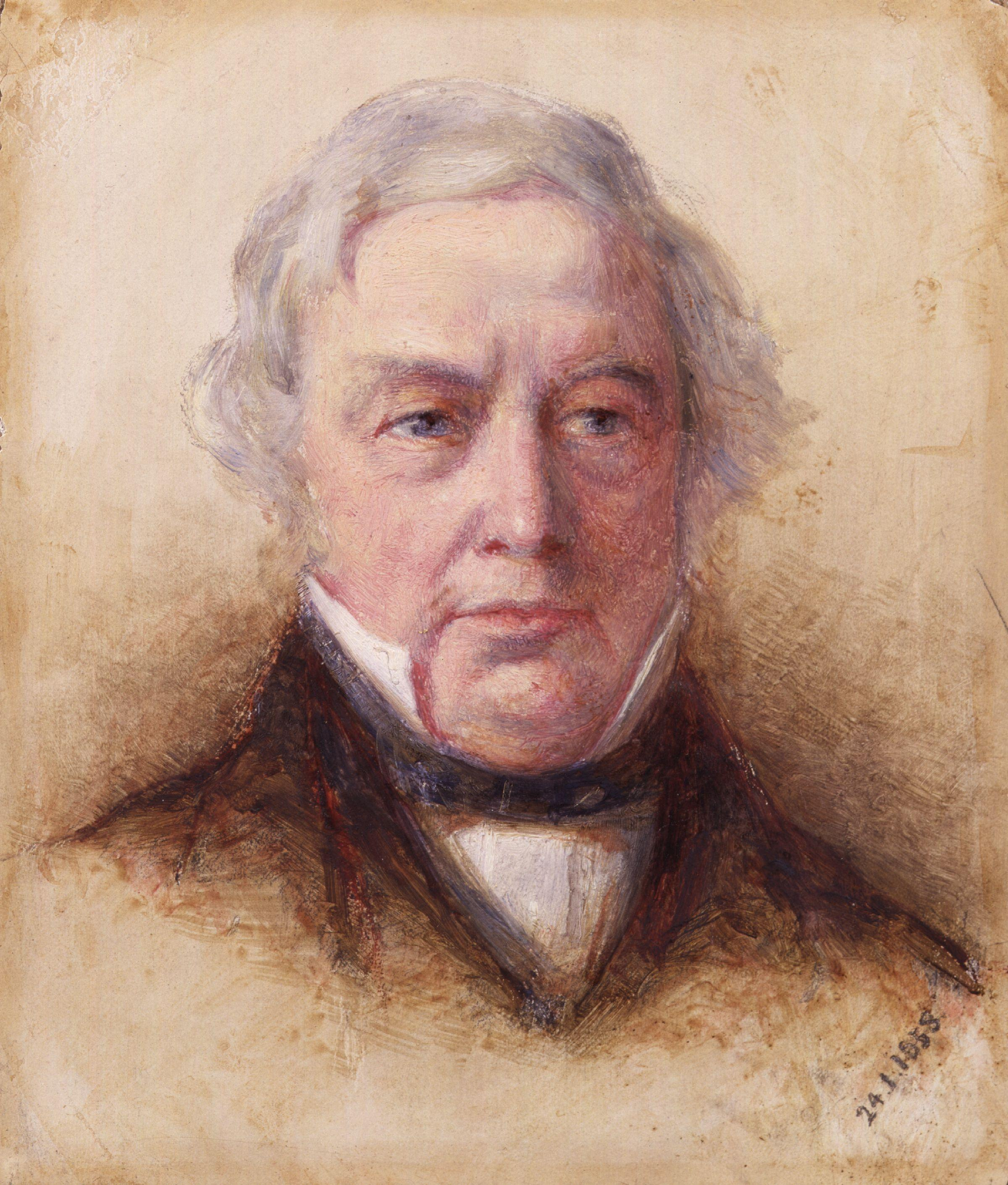Crotchet Castle, chapter IX. Though not named, the author under discussion is clearly Sir Walter Scott.
Works
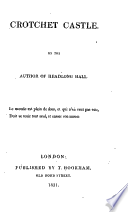
Crotchet Castle
Thomas Love Peacock
Melincourt
Thomas Love Peacock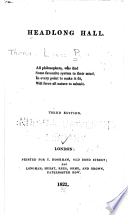
Headlong Hall
Thomas Love Peacock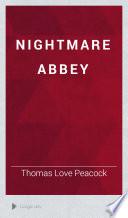
Nightmare Abbey
Thomas Love Peacock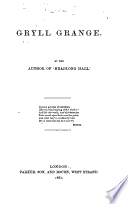
Gryll Grange
Thomas Love PeacockFamous Thomas Love Peacock Quotes
“Respectable means rich, and decent means poor. I should die if I heard my family called decent.”
Crotchet Castle, chapter III (1832).
Melincourt, chapter XVI.
“Marriage may often be a stormy lake, but celibacy is almost always a muddy horsepond.”
Melincourt, chapter VII (1817).
Headlong Hall, chapter V (1816).
"The War-Song of Dinas Vawr", stanzas 1 and 3, from The Misfortunes of Elphin, chapter XI (1829). In the same chapter this is described as "the quintessence of all the war-songs that ever were written, and the sum and substance of all the appetencies, tendencies, and consequences of military glory".
Thomas Love Peacock Quotes
“I almost think it is the ultimate destiny of science to exterminate the human race.”
Gryll Grange, chapter XIX (1860).
“I never failed to convince an audience that the best thing they could do was to go away.”
Crotchet Castle, chapter XVIII.
Nightmare Abbey, chapter I (1818).
